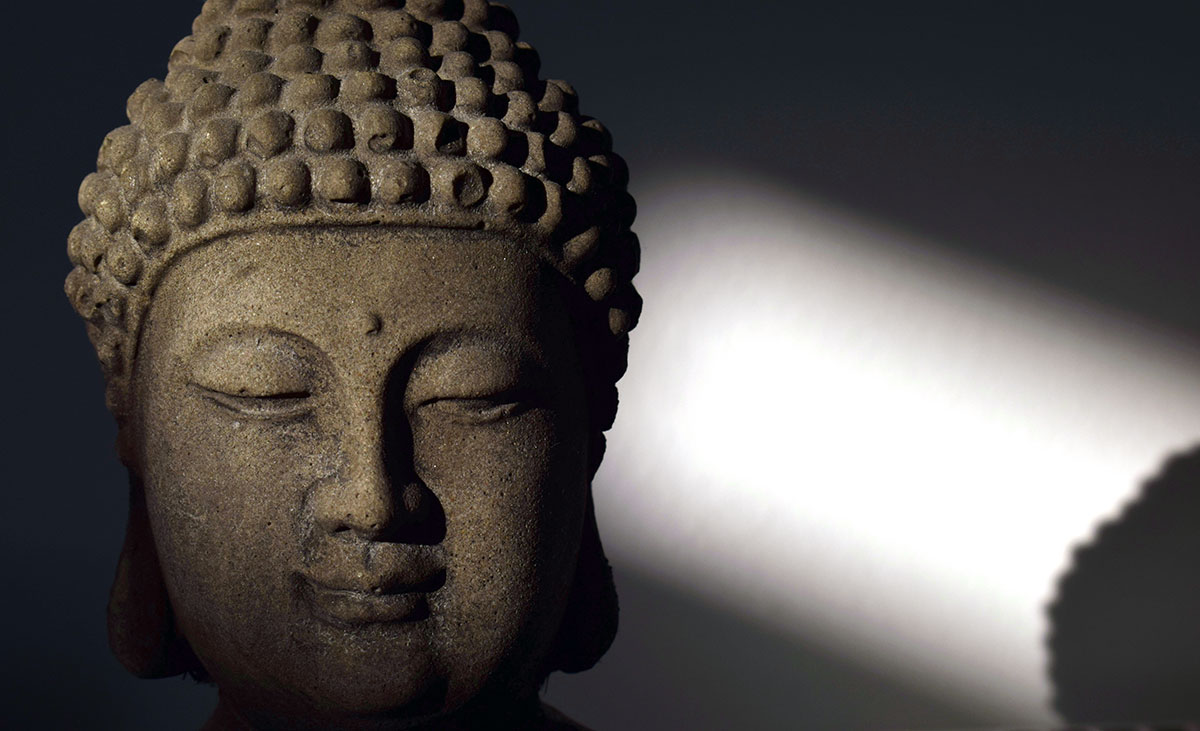I’m so excited about the moment Buddhism is in right now.
More and more people are turning to Buddhist wisdom and meditation techniques for help in their personal lives. Buddhist activists are contributing their insight and commitment to meet the great challenges the world faces. And Buddhism itself is in a moment of historic change, one I believe is very positive.
These are perilous times, but they’re also full of promise and potential. This is a moment Buddhism is made for, when its profound insights, powerful methods, and fundamental hopefulness can be of great benefit. I feel real joy about the role Lion’s Roar can play.
I’ve just returned from an inspiring meeting of the Lion’s Roar Foundation board of directors. It’s a fantastic group of Buddhist leaders from many different traditions, people who are wise, engaged, diverse, and deeply practiced. Their message was that above all Buddhism today needs to be involved and relevant—to people’s lives, to the needs and challenges of diverse communities, and to the dire threats humanity faces. The stakes are too high to stay in a cave or on a mountain top, psychologically or literally. These times call for putting our meditation into action.
As it says on our masthead, the mission of the Lion’s Roar Foundation is “to communicate Buddhist wisdom and practices in order to benefit people’s lives and society and to support the development of Buddhism in the modern world.” Today, that means being an active contributor to positive, beneficial change.
The foundation of everything we do at Lion’s Roar is the profound teachings and meditation practices of Buddhism, which we offer in ways that are both authentic and accessible. In an age of anxiety and alienation, they can help people relieve their suffering and improve their lives. When it comes to dharma, Lion’s Roar is committed to both depth and breadth—to deep practice and study and to offering the benefits of Buddhist wisdom and meditation as widely as possible.
Yet even in its teachings and techniques, Buddhism must change and evolve. Today, traditional methods are being combined with the insights of Western psychology in a synergy that makes both more effective. This reflects Buddhism’s pragmatic bottom line: whatever works (to lessen suffering).
Today, the world faces its greatest challenges in generations, perhaps in history. Successfully surviving these crises must have a spiritual component, because only real spiritual practice leads to the fundamental shifts in human behavior that are needed. That’s why Lion’s Roar will continue to shine a Buddhist lens on the national and global challenges we face and to support Buddhists who are at the forefront of social, political, and environmental change.
Finally, Buddhism is going through its own big changes. There is an organic, ground-up reform movement happening in Buddhism today. Many people are working to make Buddhist communities and institutions more diverse, transparent, and ethical, and to free them of sexism, racism, abuse, privilege, and other ills of society.
Lion’s Roar is committed to this important conversation and the positive changes it can spark. Our fortieth-anniversary series looking at the future of Buddhism concludes in this issue with the vision and ideals of the people who will make that future a reality—young Buddhists. Taken together, the thirty essays in this yearlong series point toward a hopeful, ethical, and effective Buddhism that can be of more benefit to more people and set an example to the world of how people should live, work, and be together.
Our mission at Lion’s Roar is to produce benefit. Nothing more, nothing less. For people, for society, for Buddhism. If you share these hopes and values, please join us, and together we can put our meditation into action. At this exciting moment—so full of peril, promise, and potential—that’s never been more important.

